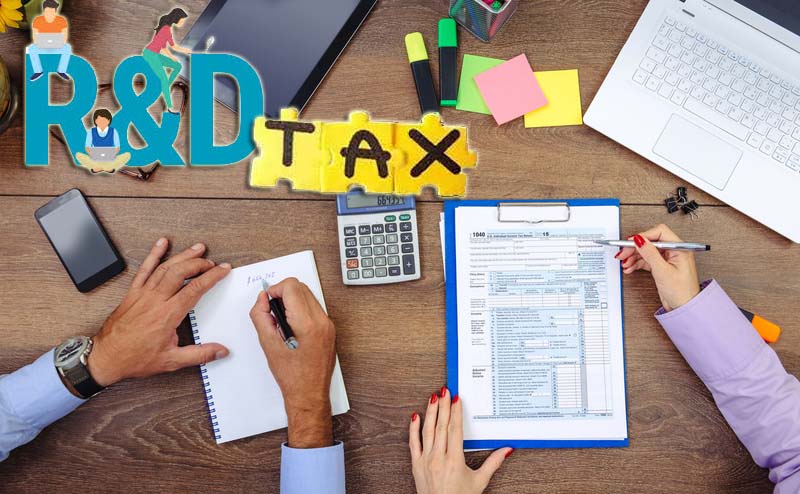R&D tax relief claims see a rapid increase
Newly released statistics from HMRC show that businesses are rapidly taking up the incentive to claim for R&D tax credits. In 2015-16, claims increased by 25 per cent, with a whopping £3.7bn being claimed by large and small companies across the nation.
Further, the latest figures from HMRC show that 39,960 claims have been made for 2016-17 – a significant increase compared to the 26,255 that were reported for 2015-16 at the same time last year. Small and medium-sized businesses in particular are taking advantage of the relief, with 34,060 having claimed in 2016-17 compared to just 15,585 in 2013-14.
This is great news for the UK’s economy – it shows that organisations are continuing to invest in research and development, keeping us at the forefront of innovation.
Is your work eligible?
The majority of claims, however, have come from only three sectors. Organisations in the finance and insurance industries, for example, fall behind, while those in manufacturing comprise a significant proportion of the total businesses who claimed.
With the average claim reaching £53,000, there’s a huge benefit – especially to smaller businesses – in claiming relief. Many still believe that their work isn’t eligible, but R&D tax credits aren’t reserved for science laboratories, manufacturers and construction firms. The food and drink industry, for example, innovates all the time, agricultural businesses can claim, as can those leading developments in land remediation.
In order to qualify for the relief, your business must simply be seeking to advance knowledge by resolving technological or scientific uncertainties. These advancements must be those that a competent professional in the field could not readily make.
The requirements are deliberately vague, so that a wide range of projects can reap rewards. Examples include:
- Developing new processes or modifying existing ones to improve efficiency or performance
- Creating packaging that increases food shelf life
- Developing gluten-free or lactose-free foods
- Adapting materials for subsea or arctic conditions
These are a mere handful of projects that would qualify for the relief. To check if your project is eligible, simply contact an R&D tax solutions expert with the details of your activity and they can indicate whether or not a claim is likely to be successful.
What costs qualify?
Of course, only certain costs qualify for the relief. These include staff wages, pension contributions and NI contributions – which must reflect the proportion of time they spend on the project; materials used in connection with the project and utilities such as water and electricity that were used directly for the activity.
Again, speaking to a specialist R&D tax advisor will help you work out which costs you can claim for and make the process of applying much simpler.
With such significant rewards available, can you afford not to claim money back for your investments into innovation?











